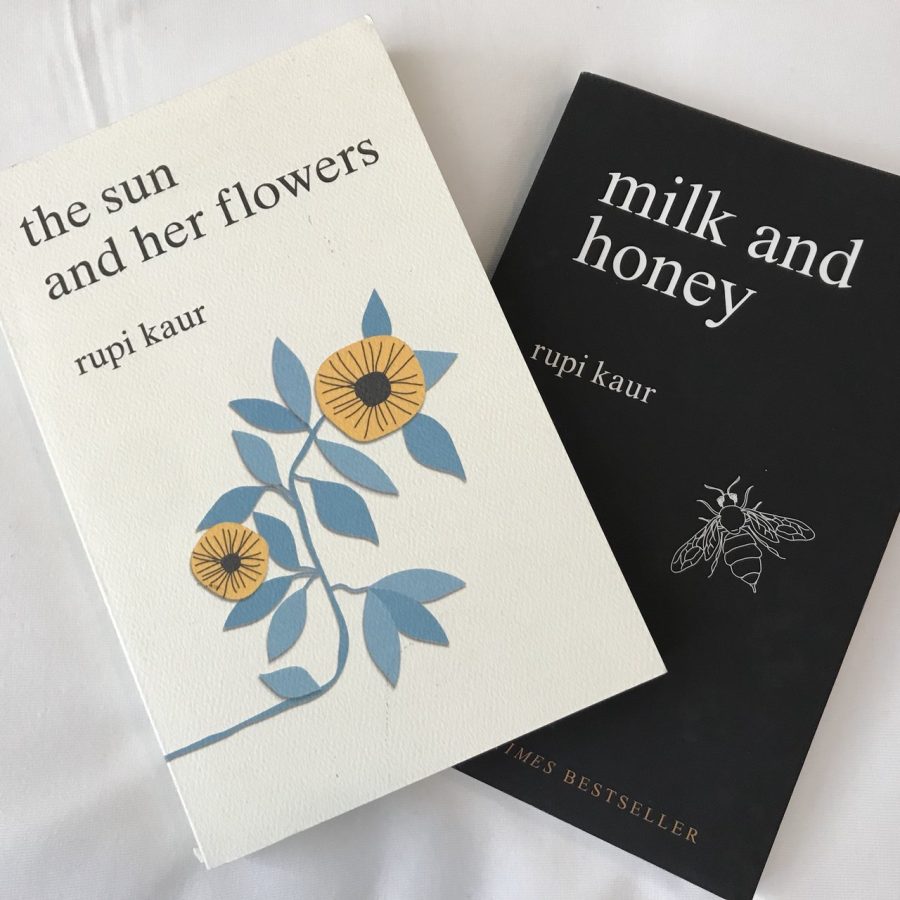Gen Z: The Poets
Poetry has a hold on our generation, and this just might be what saves us
Photo by Submitted
In poetry, nobody can criticize your own form of art nor can they criticize your interpretation of it.
Simply put, modern poetry is the iconic Shakespeare work of our generation. When I first learned the art of poetry, I was writing Haiku in syllables of five, seven and five back in the fourth grade.
Today, poetry is widely considered a form of art, writing, expressionism and even therapy for many in our generation. It is a form of writing where you don’t have to explain everything, have evidence for your reasoning or be grammatically correct.
In poetry, nobody can criticize your own form of art nor can they criticize your interpretation of it. For this reason, poetry is blowing up within our generation.
Gen Z is often criticized for being the first generation born with immediate access to the internet, social media and the rest of the world at their fingertips.
For this reason, teens of our generation should be even more cognisant and aware of writing and reading in the current blooming era of poetry. There is an opportunity to express yourself outside of the internet and media of today.
Issues of inequality, mental health, acceptance, peace, independance or anything that you can personally tailor to your needs are expressed in today’s poetry.
Traditionally, these issues are addressed in situations involving opinionated media, professionals, parental guidance or with strict rules. The era of poetry allows a constricted generation to interpret, craft and open up to a new way of thinking and coping.
Because of this lack of restriction in both the reading and crafting of this way of writing, people of all ages are able to relax and indulge in the art of poetry. This is a refreshing paradox to the restrictions in media we all commonly experience in our modern lives.
A few personal favorites of mine are “The Princess Saves Herself in This One,” by Amanda Lovelace, “The Sun and Her Flowers,” by Rupi Kaur and “How to Love the World: Poems of gratitude and Hope.”
Not only is the freedom in interpreting the writings of poetry freeing and healthy, but so is crafting it.
There are no rules that apply to what you can and cannot put on paper, so you can be unapologetically yourself. This is a widely differing concept than the perfectionism that most of our generation strives to tailor our lives toward.
A poem can be pages long, or even a few short lines. The beauty in this is that every poet and writer has their own style of poetry, similar to that of a painter or composer. These are all things that have been somewhat lost in the digital age, but have an art to their simplicity.
The art of getting something down on paper is something that is commonly lost in this day and age. Especially for the commonly deemed ‘digital generation,’ there is a certain therapeutic art in putting your thoughts down on a crisp piece of paper.
Paper and pen expression is said to help individuals not only think more clearly, but also express their ideas with complexity and actually visualize what we want to convey.
Becoming a poetry consumer is like learning to ride a bike, before you know it you will be balancing, riding down the street and you won’t be able to put it down. It is a growing relic that has the power to save the digital restrictions of our generation and keep us creative.
The art of poetry has only grown through history, and our generation has the power to grab onto it and never let go.
Schoenemann can be reached at schoence8370@uwec.edu.

Claire Schoenemann is a third-year geology and integrated strategic communication student and this is her sixth semester on The Spectator staff. When she's not reading or writing, she enjoys hiking and looking at rocks.

